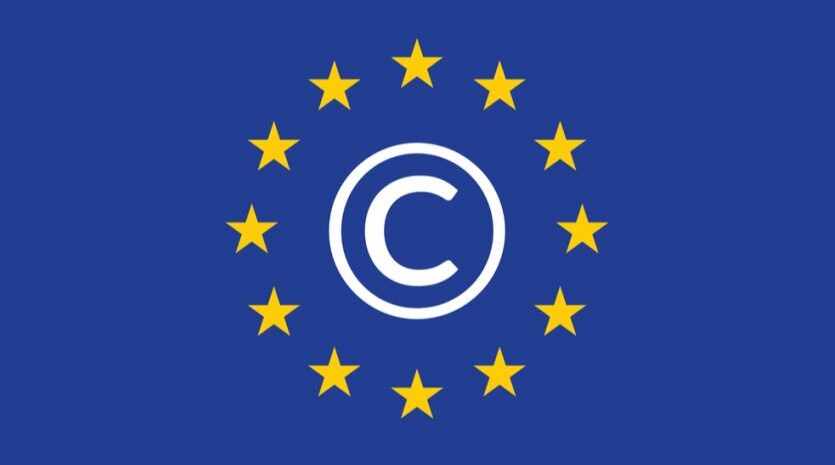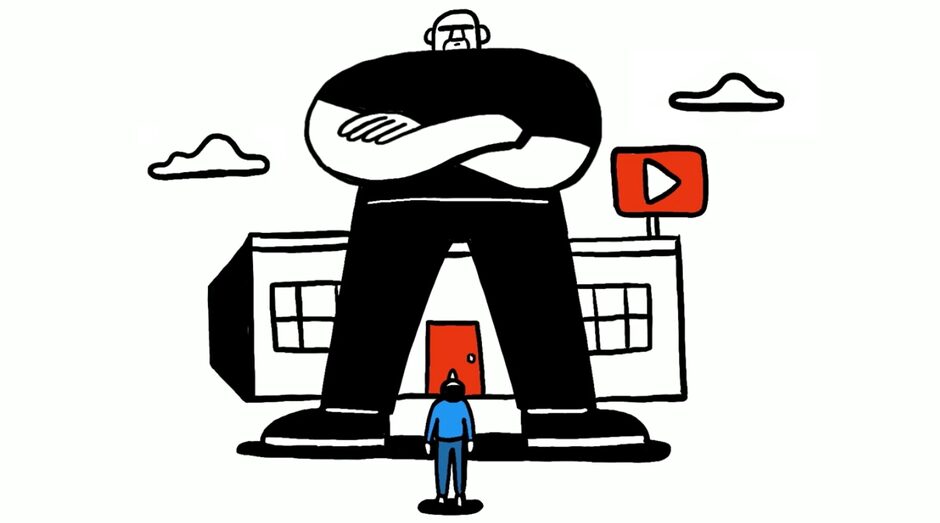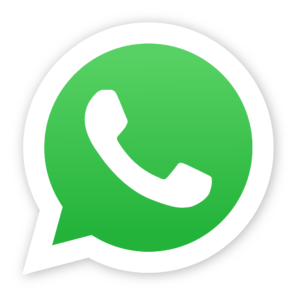EU’s new copyright rules as per Article 11 and 13 will effectively ban memes. Also, the platforms will have to pay its publishers for people linking their websites. But, Google is totally against these rules.
The European Parliament is supporting the new copyright directive and it could possibly force tech giants to adopt new policies to avoid the spread of copyrighted materials on their platforms. In order to update existing copyright laws on the internet, the European Union Directive on Copyright has introduced new rules.
In simple terms, the Directive on Copyright enforces more responsibility on websites like YouTube, Facebook, and Twitter. Thus, any copyrighted material can be prevented from being shared illegally on these platforms. Currently, the responsibility of protecting copyrighted material like audio, video, or any written content was of the creator company itself. But, when the new laws will be implemented, responsibility will shift to the platforms themselves.
We could say that the Directive on Copyright majorly contains – Article 11 and Article 13. The first suggests “link tax” and the second one suggests “meme ban”. According to critics of these articles, platforms will have to pay a fee for sharing links to a news article. Also, they will have to remove memes and filter the content.
The Directive on Copyright isn’t in practice currently. Before the member states implement this law, the Directive has gone through a series of steps.
Article 13
The most controversial part of the Directive on Copyright is ‘Article 13’. This article suggests that platforms will have to filter or delete any copyrighted materials from their websites. But, this article could also result in meme ban.
Online platforms will become liable for any copyright infringements as per the Directive on Copyright. This would also direct more revenue from online platforms to the creators. For instance, YouTube isn’t responsible for any copyright violations. It simply removes the copyrighted content when the right holders inform them to do so. But, the Directive suggests that people are watching copyrighted material without the real creators being paid for it.
This article directs our mind towards the ‘meme ban’ because memes are often based on copyrighted images. So, will these laws stop the creation and sharing of memes? Let’s see how online platforms deal with it.
Article 11
This article draws attention to the ‘link tax’. As per this article, news aggregator websites like Google News will have to pay publishers for using fragments of their articles on their web.
No one could predict how this one would actually work. Also, the proportion of news article for getting payment from the platform is doubtful. There will always be the difference between the legitimate private and non-commercial use of the content. So, none of the individual users can fill their pockets by sharing links of any news articles on their social platforms.
Also read,



